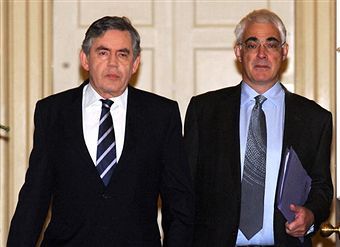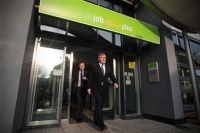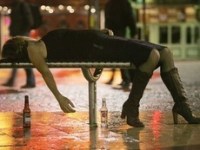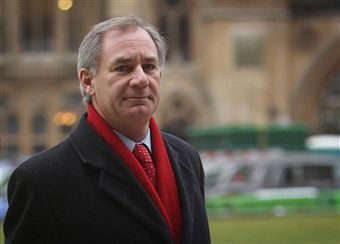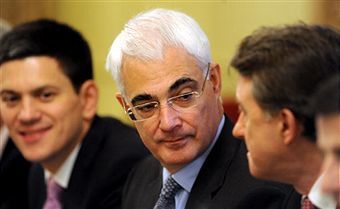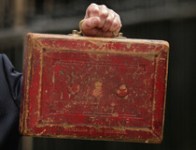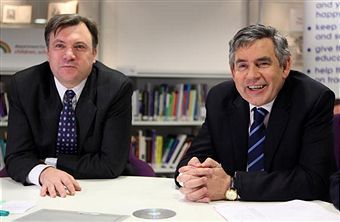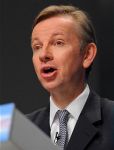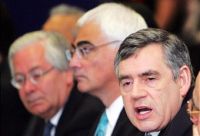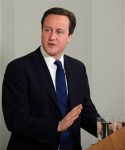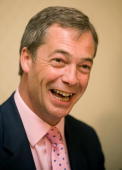Still divided
Another snippet from Jonathan Freedland’s column which deserves a separate post: “Labour has a harder task [on the economy], pressing voters to engage with the abstract arguments, asking them to accept that the deficit is not the only threat that matters. That effort is undermined by interviews like Alistair Darling’s with the FT [yesterday], in which he promised swingeing cuts to reduce the deficit. ‘Ridiculous,’ fumed one cabinet colleague. ‘That’s the Tory position, not ours.'” As I blogged last week, there are still clear divides in the government’s position on the public finances – and that despite Alistair Darling’s strengthened position after the Hoon & Hewitt coup attempt. It hardly
